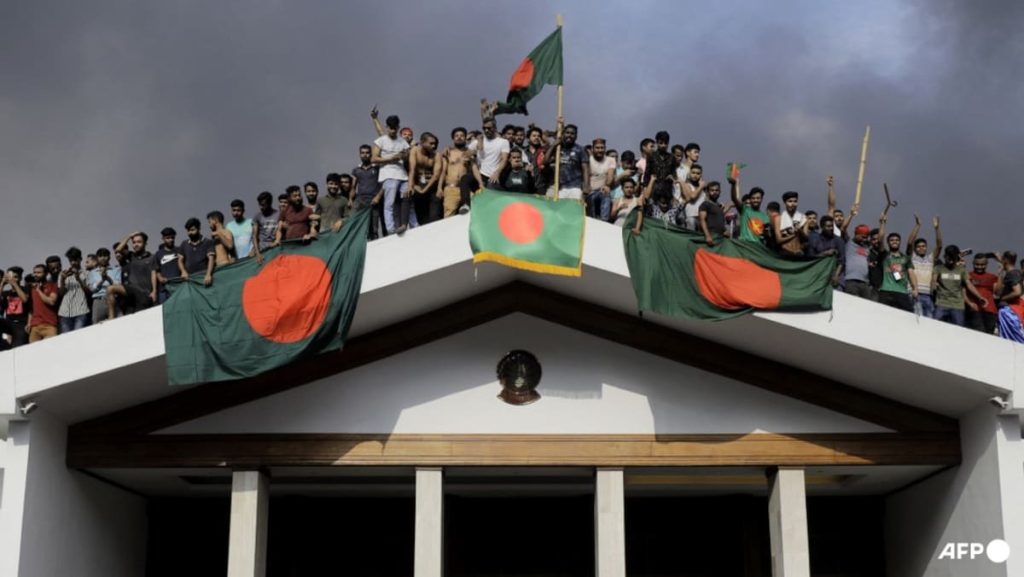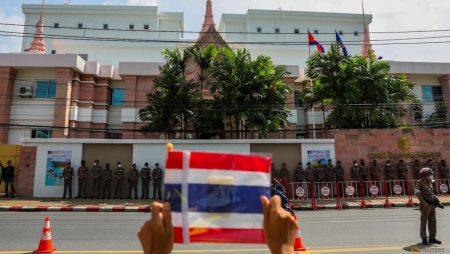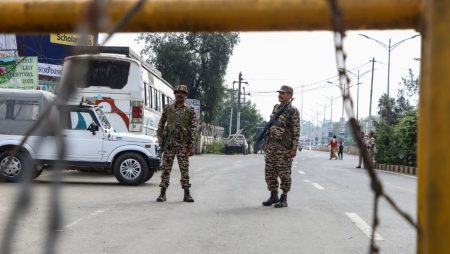The recent political landscape of Bangladesh has been marked by a delicate transition from autocracy to a nascent democracy, a shift significantly influenced by student activism. In August 2024, a student-led revolution culminated in the overthrow of long-time autocrat Sheikh Hasina, ushering in an interim government headed by Nobel laureate Muhammad Yunus. This transition, while promising a more democratic future, has also witnessed lingering tensions and attempts to control dissent, highlighting the fragility of the newfound freedom. A recent controversy surrounding an education ministry order underscores these challenges and reveals the ongoing struggle to define the boundaries of acceptable political expression in the post-Hasina era.
The controversy ignited with the emergence of a ministerial order dated January 2, 2025, which directed education officials to monitor and report on students and institutions engaged in “provocative activities” deemed detrimental to the government or the country. The order, signed by Abed Nomani, director of monitoring and evaluation for secondary education, called for vigilance and proactive measures to curb student involvement in actions fueled by “propaganda, misinformation, or disinformation.” The vaguely worded directive lacked clear definitions of what constituted such activities, raising concerns about potential misuse and the chilling effect it could have on legitimate dissent. The order’s surfacing on social media and subsequent coverage in newspapers sparked widespread criticism and ignited a public debate on the government’s commitment to free speech and the legacy of the student-led revolution.
Critics argued that the order represented a betrayal of the very principles that fueled the 2024 uprising. The student movement had successfully challenged authoritarian rule and paved the way for a more democratic system. The order, with its emphasis on suppressing dissent, seemed to contradict the spirit of this revolution and raised fears of a return to the repressive tactics of the previous regime. The lack of clarity regarding the definition of “provocative activities” heightened these concerns, as it provided ample room for arbitrary interpretation and potential targeting of individuals or institutions critical of the government. The order’s emergence raised questions about the influence of remnants of the old regime within the new administration and their potential attempts to undermine the democratic gains achieved through the revolution.
The ensuing public outcry prompted a swift response from Education Minister Wahiduddin Mahmud, who disavowed any knowledge of the order and announced its immediate cancellation. He stated that the Directorate of Secondary and Higher Education had not been authorized to issue such a directive and promised an investigation into the matter. This disavowal and the subsequent withdrawal of the order signaled a recognition of the sensitivity surrounding the issue and an attempt to distance the interim government from the perceived attempt to stifle dissent. However, the incident left lingering questions about the internal workings of the ministry and the potential for unauthorized actions by officials, highlighting the need for greater transparency and accountability within the government.
The controversy surrounding the rescinded order underscores the complex and often contradictory dynamics at play in Bangladesh’s transition to democracy. While the Yunus-led interim government represents a departure from the previous autocratic regime, the incident reveals the persistence of authoritarian tendencies and the challenges of fully embracing the principles of free speech and dissent. The swift public condemnation of the order demonstrates a heightened awareness among citizens regarding their rights and a willingness to challenge actions perceived as undermining democratic values. This vigilance is crucial in safeguarding the gains achieved through the student revolution and ensuring that the transition to democracy is not undermined by attempts to suppress dissent or restrict political expression.
The episode serves as a reminder that the transition to democracy is a continuous process, requiring constant vigilance and a commitment to upholding fundamental freedoms. While the withdrawal of the order represents a positive step, it also underscores the need for ongoing efforts to strengthen democratic institutions, promote transparency and accountability, and foster a culture of respect for free speech and dissent. The legacy of the student-led revolution and the aspirations of a more democratic Bangladesh rest on the ability of the interim government and subsequent administrations to navigate these challenges effectively and ensure that the hard-won freedoms are protected and expanded.










